.png)
Bassani-Sternberg Lab members
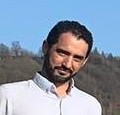 |
Postdoctoral researcher |
Research interest
My research interests include the discovery of personalized neo-antigens and non-canonical antigens in patient tumor samples, exploring their possible different sources, including the possible translation of some non-coding RNAs. For this purpose, I use different omics layers to identify antigens which can be translated into potential cancer vaccines or cell therapies.
Background
I joined the Hi-TIDe in 2019 as a Postdoctoral researcher. Previously, following the applied focus of my Degree in Pharmaceutical Sciences, I decided to deepen my knowledge of basic research, aiming to combine further both areas to develop innovative anticancer treatments. Interested in gene regulation and RNA biology, my PhD thesis focused on the epigenetic regulation of non-coding RNAs in cancer. The more I learned about cancer, the better I understood that its therapy should rely on a personalized and exhaustive molecular and cellular characterization of tumors and that immunotherapy represents the most promising clinical approach. Aiming to interrogate cell heterogeneity, I also performed some studies in a platform for single cell genomics and epigenomics.
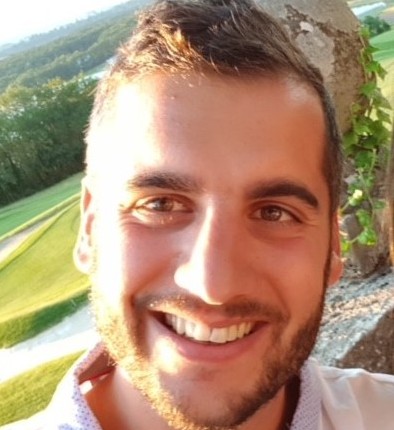 |
Bioinformatician |
Research interest
I focus my work on the identification of clinically relevant cancer specific Human Leukocyte Antigen (HLA) ligands that will guide the development of personalized cancer immunotherapy.In this regard, I am developing pipelines and tools for the analysis of next-generation sequencing (WGS, WES and RNAseq) and proteomics (MS/MS) data analysis.
Background
I obtained my Master’s in Molecular and Structural Biology (focusing on cancer research) at the University of Geneva. Passionate about biology and informatics, I decided to combine both. I initiated my bioinformatics skills at Vital-IT (Swiss Institute of Bioinformatics) where I worked on diverse projects ranging from next-generation sequencing to data visualization.
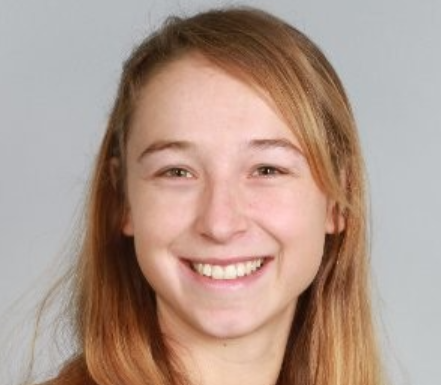 |
Bioinformatician |
Research interest
As a bioinformatician, I work with large-scale NGS data and the integration of multiple (-omics) data. On the biological side, I am interested in tumor heterogeneity and characteristics, such as tumor microenvironment, gene expression, mutational landscape, immune infiltration. Additionally, I am working with clinical samples to design of cancer therapies.
Background
My basic training is in physics, in which I did my master’s. For my PhD, I then switched to Systems Biology, at the University of Basel. Here I worked on the development of a large pipeline analysing and comparing the chromatin state of mouse and human data. On completing my PhD, I joined the Hi-TIDe in October 2021.
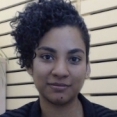 |
Postdoctoral researcher CONTACT ME |
Research interest
Immunotherapies targeting immune checkpoint pathways have deeply revolutionized the practice of medical oncology. However, most of the patients progress or relapse on these treatments. Mutated neoantigens play a key role in immune recognition and have been involved in the efficacy of such immunotherapies. The main goal of my project is to understand how to best prioritize mutated and non-mutated neoantigens for the development of personalized therapies such as vaccines for patients relapsing during immune checkpoint blockade. As the efficacy of such therapies can only be assessed through long clinical trials, I am working on mouse models for deep mechanistic exploration.
Background
I obtained my PhD in Immunology and Life Sciences in 2019 from INSERM UMR1098 (France). My thesis focused on studying the anti-tumor immune responses induced by concomitant chemoradiation in non-small cell lung cancer, head and neck cancer patients and in mouse tumor models. In a second project, I studied the impact of Tie-2/angiopoietin-2 axis on myeloid-derived suppressor cells’ immunosuppressive properties and on patient outcome. My PhD and previous internships allowed me to acquire immunological knowledge about the monitoring of T cell responses in a tumor context. It also allowed me to acquire immunological techniques, such as animal experimentation, mutiparametric flow cytometry, ELIspot, ELISA and lymphoid cells culture.
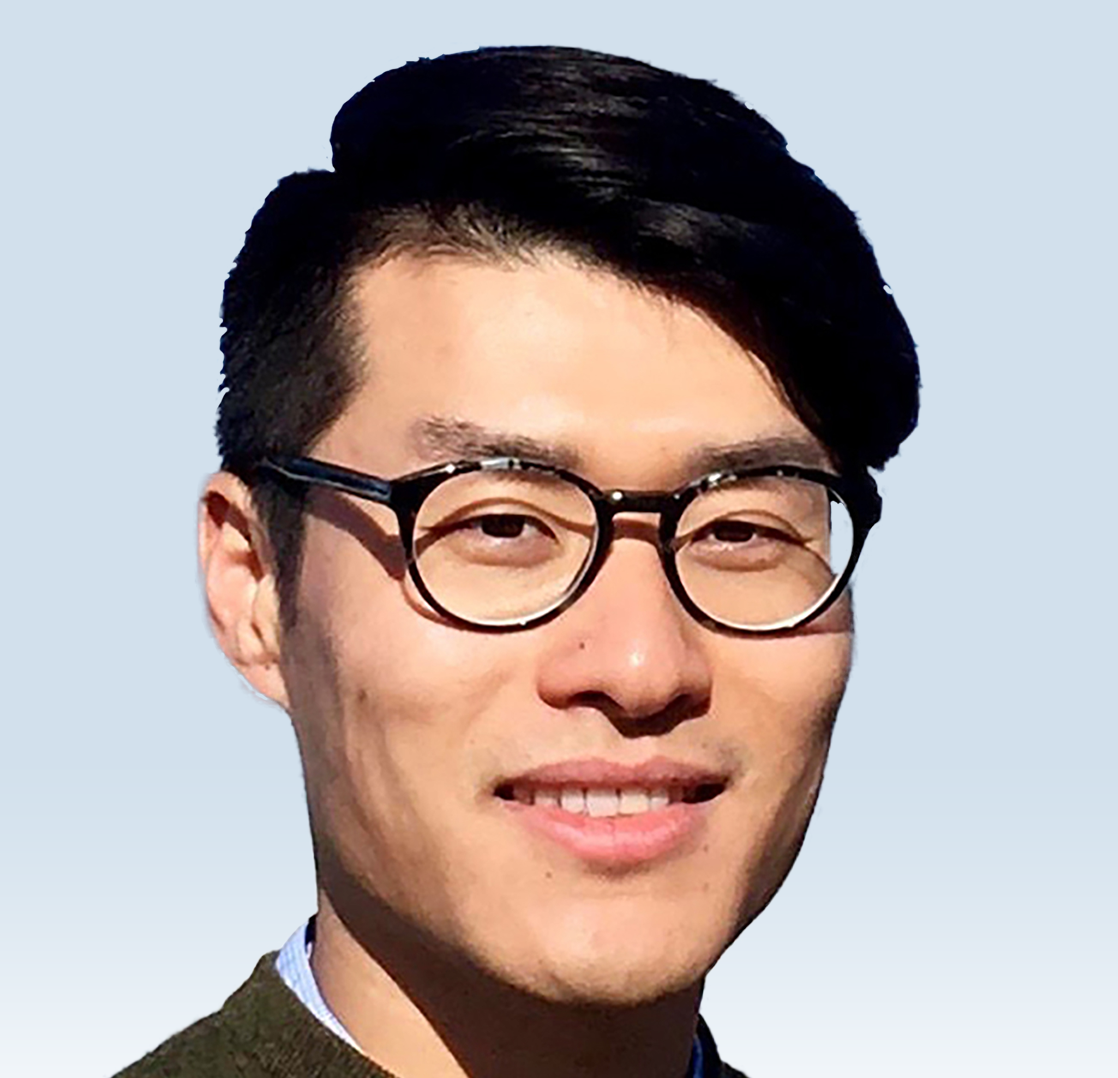 |
Postdoctoral researcher |
Research interest
Analyzing small-scale tissue and cell samples can help us discover unique immunogenic cancer antigens. Thus, my current work is engaged in building up a new scheme to study immunopeptidomics using advanced microfluidics technologies. This novel strategy can potentiate the recognition of cancer-associated/-specific neoantigens from source-limited biopsies and the development of individualized cancer vaccines.
Background
I obtained my PhD in Bioengineering and Biotechnology in 2019 from EPFL, the Swiss Federal Institute of Technology in Lausanne. I have developed an innovative platform to study cellular activities in real-time using plasmonic biosensors integrated with microfluidics. The platform has also demonstrated the ability to detect such activities at single-cell resolution. During my master’s, I gained substantial expertise in routine biochemistry (ELISA, IF staining), cell culture, and microscopic imaging techniques.
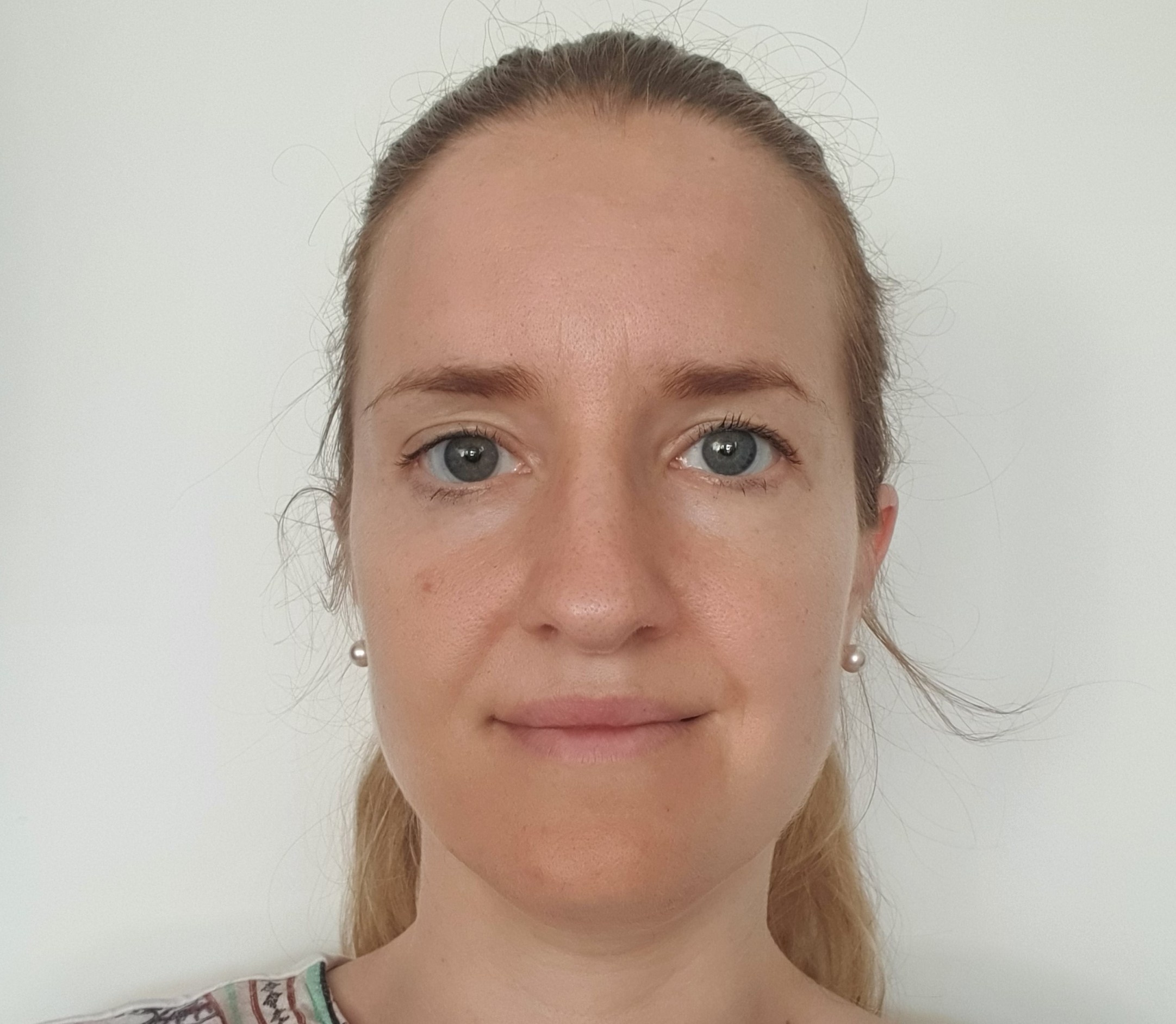 |
Laboratory technician |
Research interest
The immunopeptidomics laboratory is involved in the development of personalized cancer immunotherapy through the detection by mass spectrometry of naturally HLA presented epitopes and by the prediction and the prioritization of mutated antigens. I have the great opportunity to contribute everyday to the conduct of clinical trials applying this innovating therapeutic strategy by being involved in the sample processing of patients included in those studies and coordinating the clinical activities of our group.
Background
I obtained my Master’s in Biomedical Sciences at the Université Libre de Bruxelles in 2010. My master's thesis was on the re-expression of the NIS transporter for the treatment of dedifferentitated thyroid cancers. Following my studies, I worked three years as a biologist then project coordinator in a Belgian company focused on the development of cellular therapies for bone diseases. After some experience in the quality fields, I had the pleasure of returning to the research environment by joining the Hi-TIDe in 2016.
|
Research associate |
Research interest
My field of expertise is computational analysis of mass spectrometry data and machine learning. In my research within the Hi-TIDe, I use statistical and machine learning methods to improve the identification and prioritization of cancer specific antigens and neoantigens. This research includes several aspects: first we try to increase the breadth of potential antigens by searching large proteogenomics databases containing non-canonical sequences, which requires statistical methods for stratified error control and improved MS/MS-peptide matching. Second, we mine large datasets of HLA binding peptides in order to find patterns of HLA presentation that are complementary to binding affinity and mRNA expression. We then use these patterns and other features to train machine learning algorithms on datasets that provide immunogenicity measurements of antigens in various cancer tissues in order to improve the antigen ranking for cancer immunotherapy.
Background
I studied theoretical physics at ETHZ. After 2 years of research, I went to industry where I worked as a software engineer. Back in academia, I did a PhD in Bioinformatics at the University of Geneva and then worked in several research positions at the University of Geneva, ETHZ and SIB Swiss Institute of Bioinformatics (SIB). I currently work 80% as a Senior scientist within the Hi-TIDe, and 20% as Principal scientist at Vital-IT, SIB.
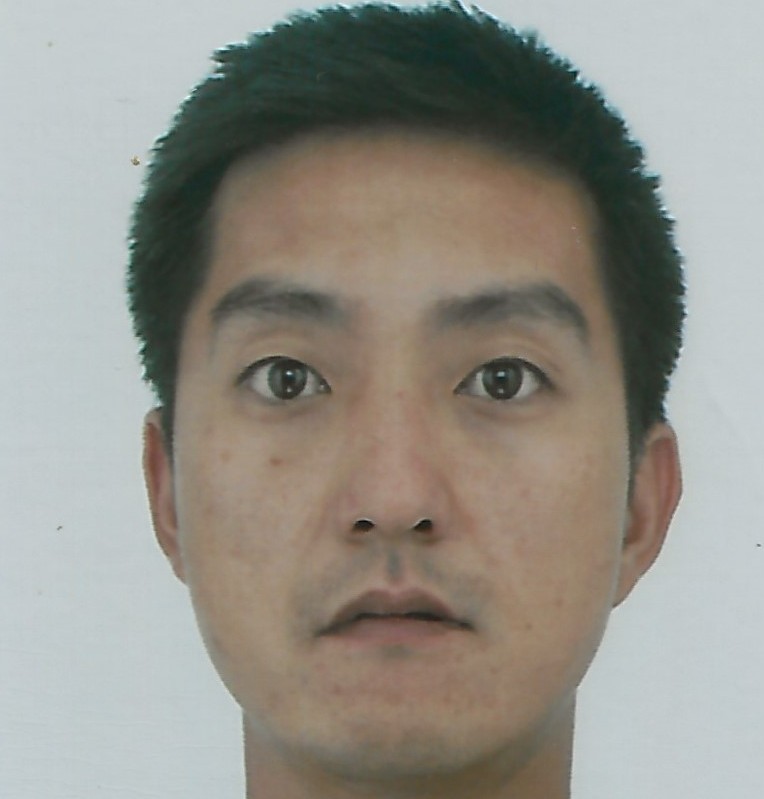 |
Research associate |
Research interest
My main interest is the analysis of HLA peptides by Liquid Chromatography hyphenated to mass spectrometry (LC-MS) using multiomics approaches (immunopeptidomics, proteomics and bioinformatics). I am also interested in R&D of LC-MS methods: optimization/improvement of existing methods and implementation of new methods.
Background
After my Degree in Proteomics and Bioinformatics, I worked as Research assistant at the University of Geneva's Proteomics core facility. There, I obtained my PhD in Pharmaceutical Sciences and developed and implemented data-independent ion sampling methods and an algorithm to process such a data. I am currently working as Research supervisor in LC-MS within the Hi-TIDe.
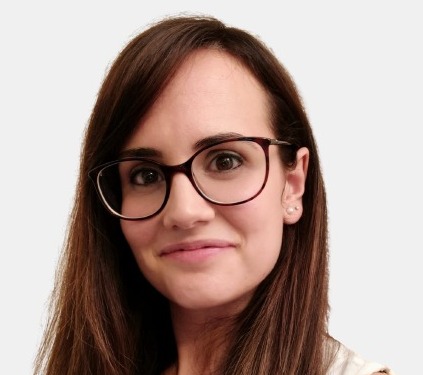 |
Bioinformatician |
Research interest
My goal is to develop a computational infrastructure that collects, integrates, visualizes and analyzes data from thousands of immunopeptidomics experiments. The resulting database platform will allow interactive queries and automated data mining using machine learning.
Background
I worked in the Computational genomics group of the PRBB (Barcelona) and in the Proteome informatics group of the SIB (Switzerland), where I undertook my PhD in Bioinformatics. I joined the Hi-TIDe in February 2021.
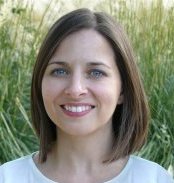 |
Bioinformatician |
Research interest
I have a keen interest on the translational application of bioinformatic analyses of high-throughput data. In particular, my work consists in analyzing large-scale NGS data and integrating multiple (-omics) data generated in my group, and to provide bioinformatic support in the identification of cancer specific Human Leukocyte Antigen (HLA) ligands for the development of personalized cancer immunotherapy.
Background
I completed my PhD, studying gene expression in the inflammatory mammary carcinoma in 2008 at the Complutense University of Madrid. As a postdoctoral researcher, I worked on immunology and cancer in Madrid, Cincinnati and La Jolla (USA). I then studied Computational and Systems Biology at the University of Luxembourg and joined the group of Pr Bernard Thorens in 2016 at the University of Lausanne to study type II diabetes. In October 2021, I joined the Hi-TIDe as a Clinical bioinformatician.
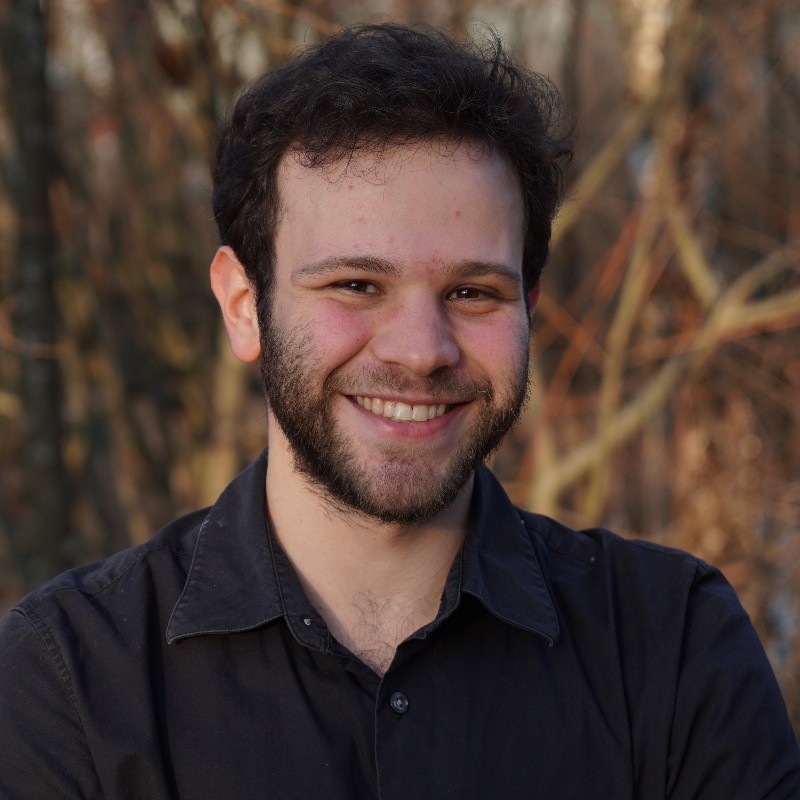 |
PhD student |
Background
Before joining Lausanne, I obtained a Bachelor's and a Master's in Biomedicine from the University of Zurich (UZH). For my master's thesis, I spent a year in the lab of Pr Thomas Krämer in the Department of forensic pharmacology and toxicology, developing analytical methods for the pharmacokinetic profiling of small molecules in mouse section by means of MALDI-MSI and LC-MS. After graduating from UZH, I had the chance to work in industry for a year, focusing on MS-based proteomics, immunopeptidomics, and method development. Following my time in industry, I started my PhD studies by joining the Hi-TIDe in September 2021.
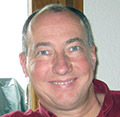 |
Senior bioinformatician (SIB) CONTACT ME |
Research interest
I create computational pipelines to analyse data produced by my colleagues in the lab. One example is the prediction of somatic mutations in patient tumors, an essential part in the development of personalized immunotherapy. Pipeline construction involves identifying useful programmatic tools that are available in the academic environment, and then writing computer code to glue them together into productive workflows. If no tools are available for the task in hand, I write customized code to analyse research data. High-throughput data analysis has become an key part of modern genome-wide "omics" techniques, including NGS exome and RNAseq.
Background
I studied undergraduate biochemistry at the University of Glasgow and obtained a PhD in Molecular Genetics from the University of Lausanne in 1987, working at the ISREC in Epalinges. After postdoctoral research on signal transduction and cell biology in the yeast Saccharomyces cerevisiae at the University of Oregon, I joined Novartis AG as a bioinformatics specialist. Continuing in bioinformatics, I returned to academia in 1999 as part of the recently created OIT group of the Ludwig Institute for Cancer Research in Lausanne (LICR), and was subsequently appointed Associate investigator in the LICR Computational Genomics Group. I joined the Swiss Institute of Bioinformatics (SIB) Vital-IT group as a Senior scientist in 2011, and have been working within the Coukos research environment since 2012, collaborating with the Hi-TIDe since 2016, becoming an integrated lab member in 2019.
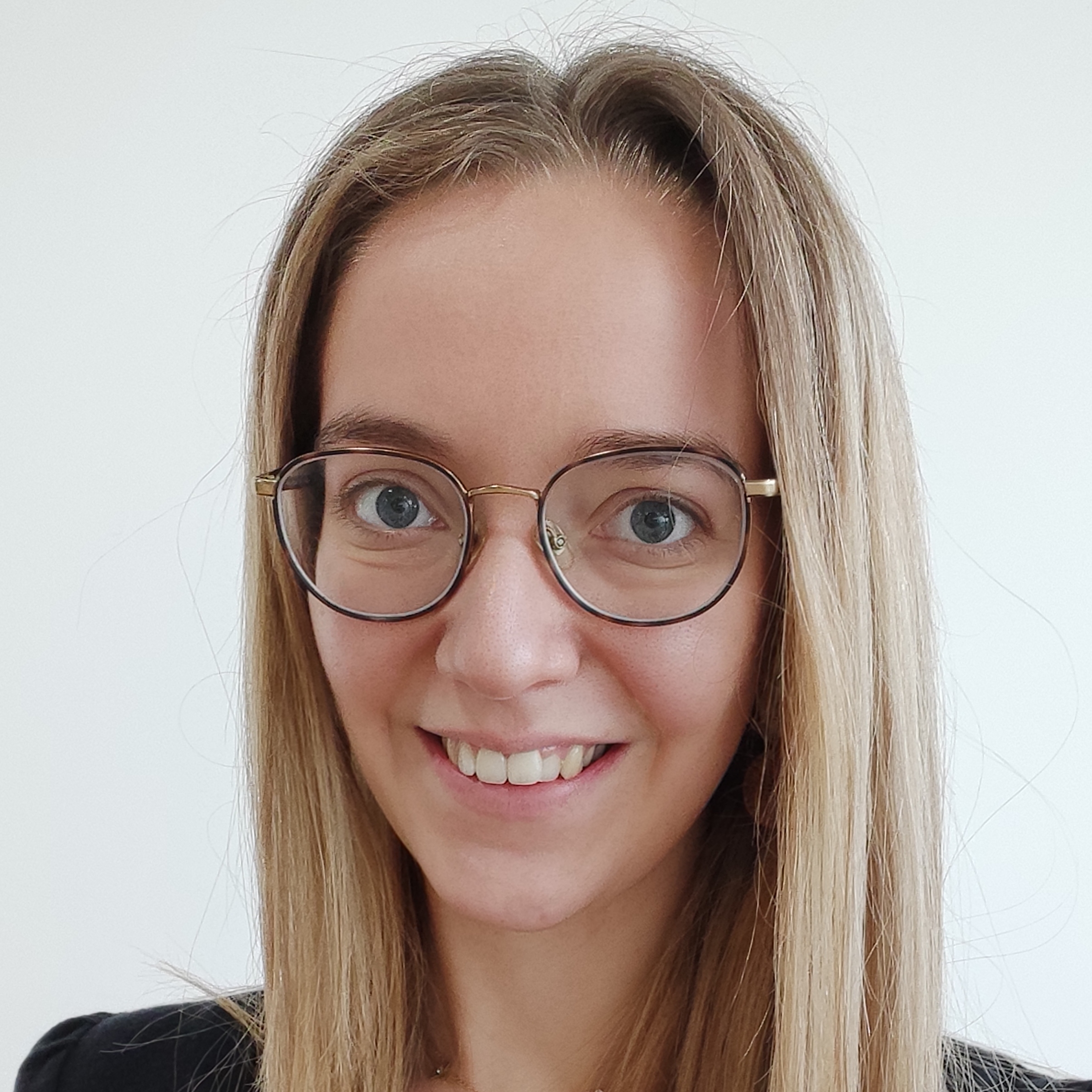 |
Technician CONTACT ME |
Research interest
Passionate about immunology and oncology, I joined the Hi-TIDe in 2021, as a technician. I have the great opportunity to work on clinical trials including the development of personalized cancer immunotherapy through the detection by mass spectrometry of HLA binding peptides and the prediction of mutated antigens.
Background
I obtained my Master’s in Biology at the Université de Bourgogne (France) in 2020.
images (c) unsplash/ian schneider-tam/helena lopes
CONTACT
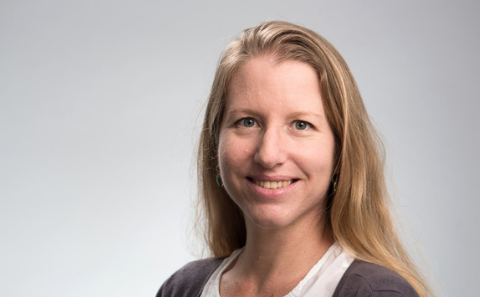
Michal BASSANI-STERNBERG
Tenure Track Assistant Professor
Ludwig assistant member
Department of oncology UNIL CHUV
Ludwig Institute for Cancer Research Lausanne
Head of clinical mass spectrometry unit, Center of experimental therapeutics, Lausanne University Hospital (CHUV)
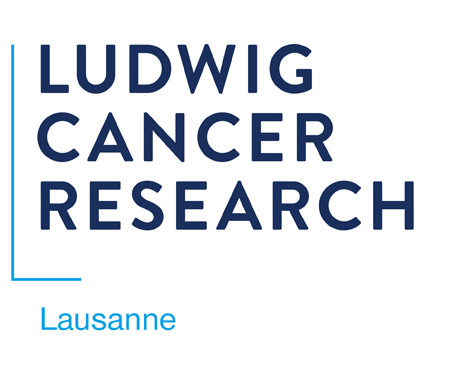
Phone +41 79 900 55 30
E-mail
The Bassani-Sternberg Lab is based at:
AGORA Cancer Research Centre
Rue du Bugnon 25A
CH-1011 Lausanne
Switzerland


.png?t=w480)


